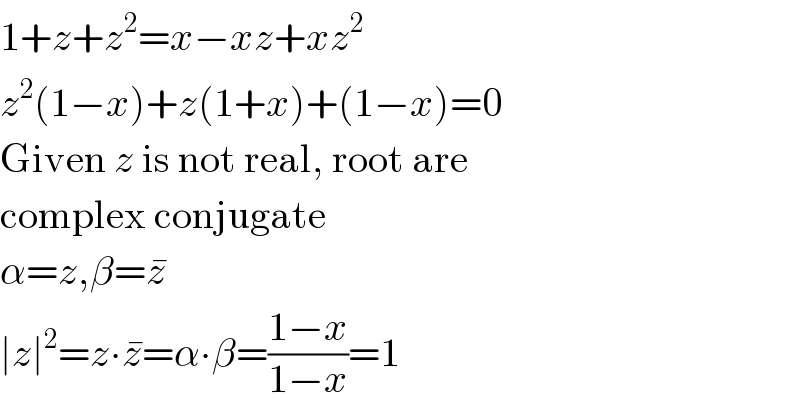
Question and Answers Forum
Question Number 27059 by math solver last updated on 01/Jan/18

Commented by prakash jain last updated on 01/Jan/18

Commented by math solver last updated on 02/Jan/18

| ||
Question and Answers Forum | ||
Question Number 27059 by math solver last updated on 01/Jan/18 | ||
 | ||
Commented by prakash jain last updated on 01/Jan/18 | ||
 | ||
Commented by math solver last updated on 02/Jan/18 | ||
 | ||